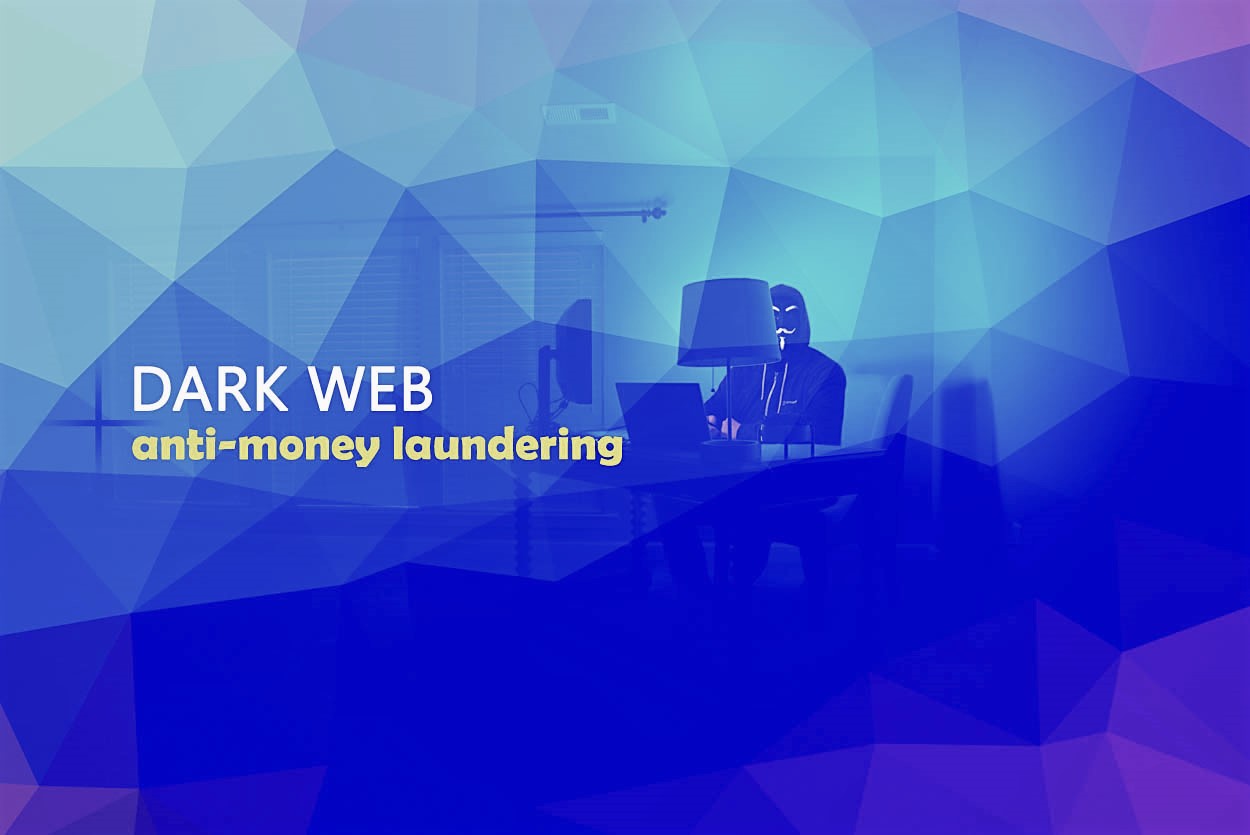Regulatory Compliance Journal
8 articles matching cryptocurrencies tag
European Payments Package: PSD3 & PSR: What financial institutions need to prepare for
The European Commission's European Payments Package, consisting of the third Payment Services Directive (PSD3) and the new Payment Services Regulation (PSR), represents the most significant overhaul of EU payments regulation since PSD2 in 2015. Together, the directive and the regulation aim ...
- 8 min read
How to build an effective anti-bribery & corruption program
Your financial institution doesn’t have to be Enron to face a corruption scandal, but a plan to embed integrity deep within your operations is essential. Corruption doesn’t start with bribes but with blind spots in your controls. How does one create an effective anti-bribery & corruption pr...
- 8 min read
AML Package 2024–2026: What Financial Institutions Need to Know about AMLA, AMLR & TFR
The European Union has launched its most ambitious anti-money laundering (AML) reform to date. The “AML Package 2024–2026” introduces a new EU Anti-Money Laundering Authority (AMLA), a directly applicable Anti-Money Laundering Regulation (AMLR), and an updated Transfer of Funds Regulation...
- 9 min read
Why is cash prevalent in money laundering?
Despite the growing prevalence of digital payment systems and tighter financial regulations, cash remains an attractive tool for criminals. Its intractability, portability, and its difficulty to regulate offers a level of anonymity that digital transactions simply cannot match. While government...
- 12 min read
DORA: practical guide for small businesses
Compliance with the Digital Operational Resilience Act (DORA) represents a real challenge for small businesses in the financial sector. Unlike large institutions with dedicated cybersecurity and risk management departments, SMEs often lack specialized resources. They may not even have formal go...
- 8 min read
Looking for Regulatory Watch Newsletter?
More work
How do criminals launder their money using the Dark Web?
Blockchain, Money Laundering, Freedom of information, Whistleblowing, Cryptocurrencies, Anti Money Laundering, AML, Prepaid Cards,Drug trade and illegal markets on the dark web have grown exponentially. Criminals are finding new and original ways to launder money generated from their illicit activities. The dark web is an encrypted part of the internet that hosts online conten...
How will CSDDD impact companies in the EU?
Audit, Compliance, CSRD, EU, Environmental, Due Diligence, Europe, CSDDD, Green Crime, Transparency,The EU’s Corporate Sustainability Due Diligence Directive (CSDDD) draws a clear legal line between profit and harm. By embedding environmental and human rights due diligence into the core of corporate strategy, the directive redefines what it means...
SEPA Instant Payments : understanding the requirements and deadlines of regulation 2024/886
AML, Compliance, Data Security, EU, Financial Institutions, GDPR, Know your Customer, KYC, Risk, instant payment, IPR, VoP, Transaction, Sanctions,The silent payments revolution is finally upon us. With the first compliance date of Regulation 2024/886 set for January 09, 2025, instant payments are set to become an integrated part of day-to-day banking. The Instant payment regulation (IPR) was ...









-806688168.jpg)










